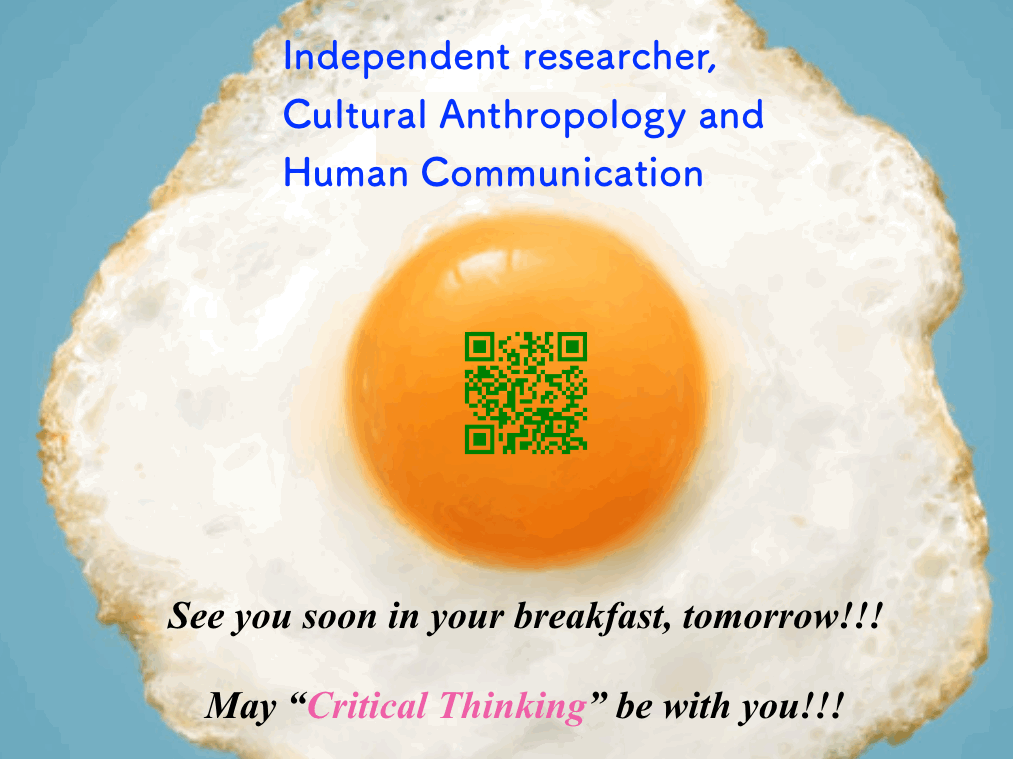汎用人工知能
Artificial
general intelligence

汎用人工知能
Artificial
general intelligence

Artificial general intelligence, とは、汎用人工知能、あるいは、汎用AIといわれるものである。
ウィキの定義"Artificial general intelligence,"をみてみよう。
"Artificial general intelligence (AGI) is the intelligence of a machine that could successfully perform any intellectual task that a human being can. It is a primary goal of artificial intelligence research and a common topic in science fiction and futurism. Artificial general intelligence is also referred to as "strong AI",[1] "full AI"[2] or as the ability of a machine to perform "general intelligent action".[3]"
そこで引用されている文献は3丁である。
さらに、モラベックの逆説(Moravec's paradox)というものがある。
"Moravec's paradox is the discovery by artificial intelligence and
robotics researchers that, contrary to traditional assumptions,
high-level reasoning requires very little computation, but low-level
sensorimotor skills require enormous computational resources. The
principle was articulated by Hans Moravec, Rodney Brooks, Marvin Minsky
and others in the 1980s. As Moravec writes, "it is comparatively easy
to make computers exhibit adult level performance on intelligence tests
or playing checkers, and difficult or impossible to give them the
skills of a one-year-old when it comes to perception and
mobility."[1]"Moravec, Hans (1988), Mind Children, Harvard University
Press, p.15.
++
リンク
文献
その他の情報
Copyleft, CC, Mitzub'ixi Quq Chi'j, 2016-2019

Do not paste, but
[Re]Think our message for all undergraduate
students!!!